How to Connect with Your Kids
As parents there’s one word we hear all. the. time… “Attachment”. Or more specifically, “Secure Attachment”.
According to our friends at Wikipedia:
“Secure attachment is classified by children who show some distress when their caregiver leaves, but are able to compose themselves knowing that their caregiver will return. Children with secure attachment feel protected by their caregivers, and they know that they can depend on them to return.”
So, a secure attachment occurs when kids feel safe and protected with their primary caregiver, or “attachment figure”. Secure attachments are one of the biggest key indicators of children’ long term health and happiness. It’s really important. Think of the attachment as the health of the relationship with your child. How secure the attachment is – is how safe and trusting your child feels with you.
But – like anything precious and valuable – secure attachments are somewhat delicate and they can be ruptured. There are many ways to rupture – i.e. break – the security of our children’s attachment to us. If babies experience disorganized caregivers, depressive, or unresponsive caregivers, stifling and coddling caregivers, or neglectful or abusive caregivers – they will probably not develop a secure attachment.
But, also true, is that even those with a secure attachment will inevitably experience ruptures in that attachment. There’s no such thing as the perfectly attached duo. If you blow up yelling at your child, if you trick or manipulate them, if you punish or shame them, or if you undergo some sort of traumatic event – where you’re torn apart for a while or emotionally unavailable – then yes, the attachment can experience some wear and tear or even some real ruptures.
As Dr. Daniel Seigel says: ruptures are inevitable in every secure attachment.
Consider marriages. There’s almost no such thing as the marriage without occasional disagreements and arguments. But as long as the couple aren’t too mean and too explosive – and no one walks out – they can repair and move on, healthy, strong and happy.
The same is true for our children’s relationship. When a rupture occurs, we both feel deeply disconnected. Perhaps we were furious, perhaps we hurt them physically or emotionally. Perhaps it’s been months – or years since we felt a loving connection. Perhaps you’re not sure you ever had a secure attachment to begin with.
This is especially true for parents with more than one child, who experience challenges with their eldest. As their loving energy focuses on the baby, their relationship with their elder child suffers and deteriorates. It’s a natural and normal process, but one that is deeply painful for both parent and child, and one that can be remedied and halted, if awareness is called to it.
If you have a spirited, challenging or intense child, you might feel you were never able to connect. If you had a traumatic pregnancy or labor, or experienced medical emergencies with your newborn, you might feel you never had the closeness you dreamt of. Or if you had financial pressures, or relationship turmoil, or any other life stressor that called you away from bonding with your infant, you might, again, feel that the attachment was never formed.
Do not despair, all is not lost.
Healing a wounded attachment takes a lot of tender loving care, but it is possible. And if you truly feel there has never been a secure attachment between you to begin with, then I strongly advice you seek professional help in rebuilding that trust. But if you’re experiencing minor ruptures or a regular disconnected feeling, here are some thoughts that can help:
- Refrain from harm: Before you can begin to heal a wound, you need to first take the knife out. Take a long hard look at your patterns of communication, Make every effort to cease those behaviors that disconnect people from each other: Punishments, yelling, name calling… even criticism or feedback. No character assassinations. Don’t even speak badly about your child to others, or on Facebook. The key here is to stop the damaging, distancing behaviors and thought patterns. You need to notice all the bad talk and thoughts in your head – all the labeling that’s been happening – and put an end to it. Go on a labeling, shaming and blaming diet. I realize this is easier said than done, but with support and some education, you can eradicate the majority of these behaviors from your relationship. This is the crucial first step. There is no space to create positive regard and deep connection where attacks are ongoing.
- Replace with confidence and trust building practices: I highly recommend a Simplicity Parenting tool, the Golden moment. The idea is to visualize a golden moment with your child… a moment when you were filled with love for them. Perhaps while they slept, or when they were laughing, showing kindness, or in nature. Visualize that moment and breath it in. Hold the golden moments as much as possible. Keep seeing them with rose tinted glasses. Your child needs to sense how deeply you love them, and for them to sense that, you need to access that love on a visceral level. We might think “But of course I love them”, yet all of our actions and words do not communicate love. Peaceful parenting is all about building connection. Show your child your belief in them, your positive regard, in a way that they can actually perceive and sense this closeness and this appreciation and love from you.
- Build attachment through non verbal cues: The way attachment is usually initially built is through a back-and-forth of non verbal communication between mother/father and baby. Touch, eye contact, giggles, holding, laughing, stroking, massaging, sleeping, walking – experience skin to skin and eye to eye. When an older child has not experienced these ever, or not for a while, they can begin to be distant and feel unloved. It seems to us that they’re older and should know better, and don’t need to be babied or held anymore.
Nothing could be further from the truth. Little people need to be allowed to be our babies, to be held, stroked and doted upon… precisely in order to feel secure to go out into the world. When we push them away from us under the assumption that they’re “too old for this” or “not a baby anymore”, we deprive them of the sense of safety and love they crave and need (heck, I still crave this as an adult… why shouldn’t they?!). Hold your baby once more. Look upon them as you might a newborn. Touch them with the same tender care. And if you have a little baby at home? Borrow from the rich and give to the poor – borrow from the touch, smiles and connection you might naturally bestow upon your youngest – and give those to your older “baby” who is still desperately needing it. I know it isn’t easy but it’s critically important.
Fostering a deep attachment is arguably the most important thing we do as parents.

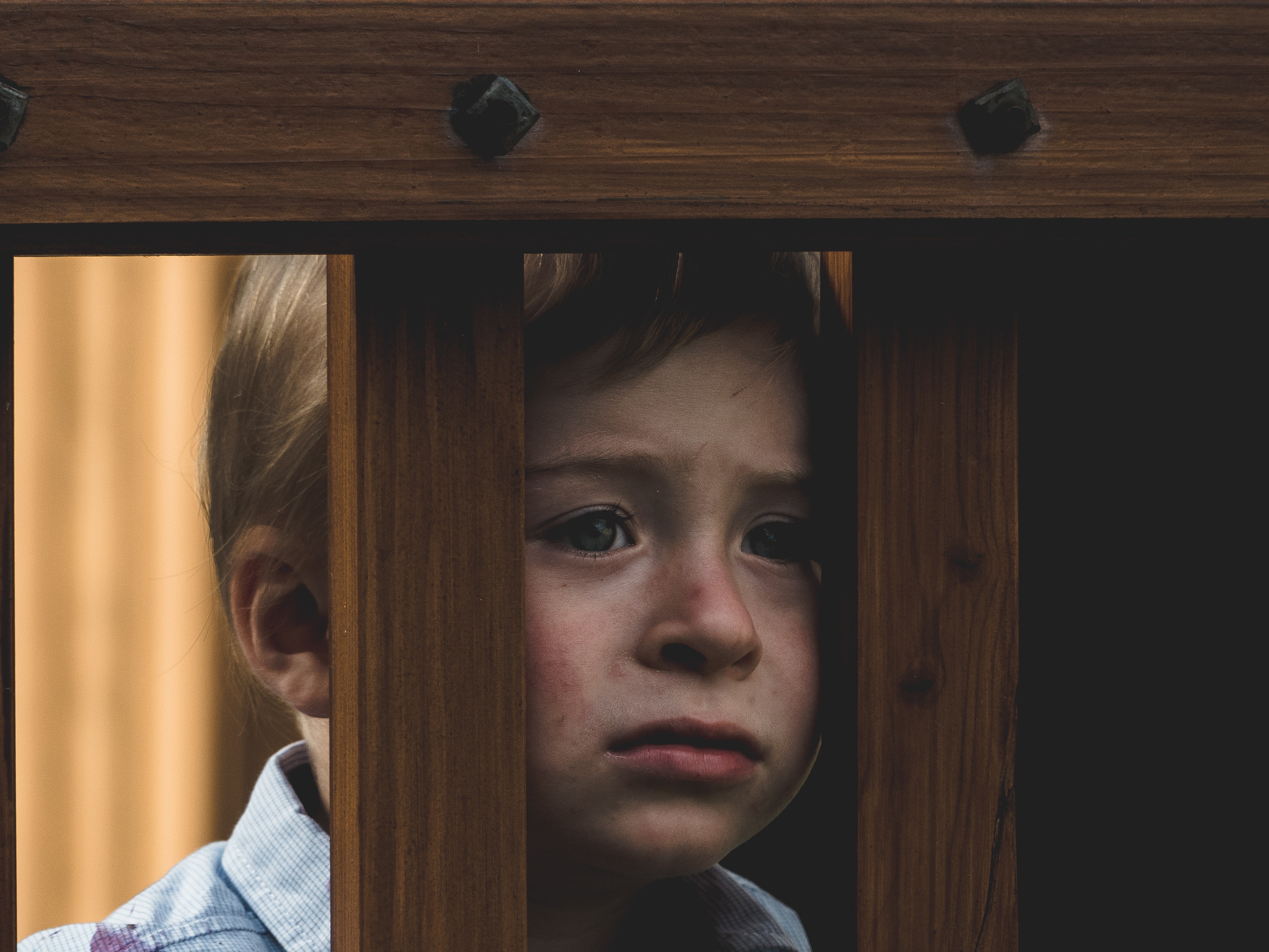


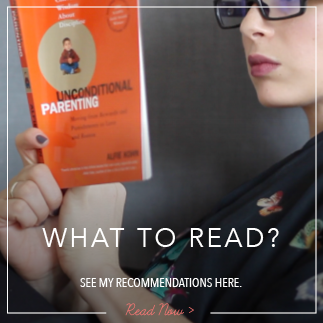
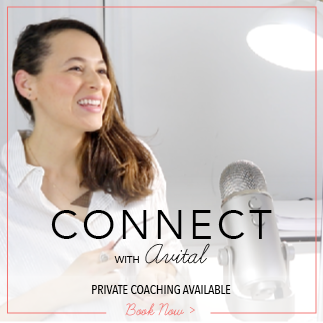

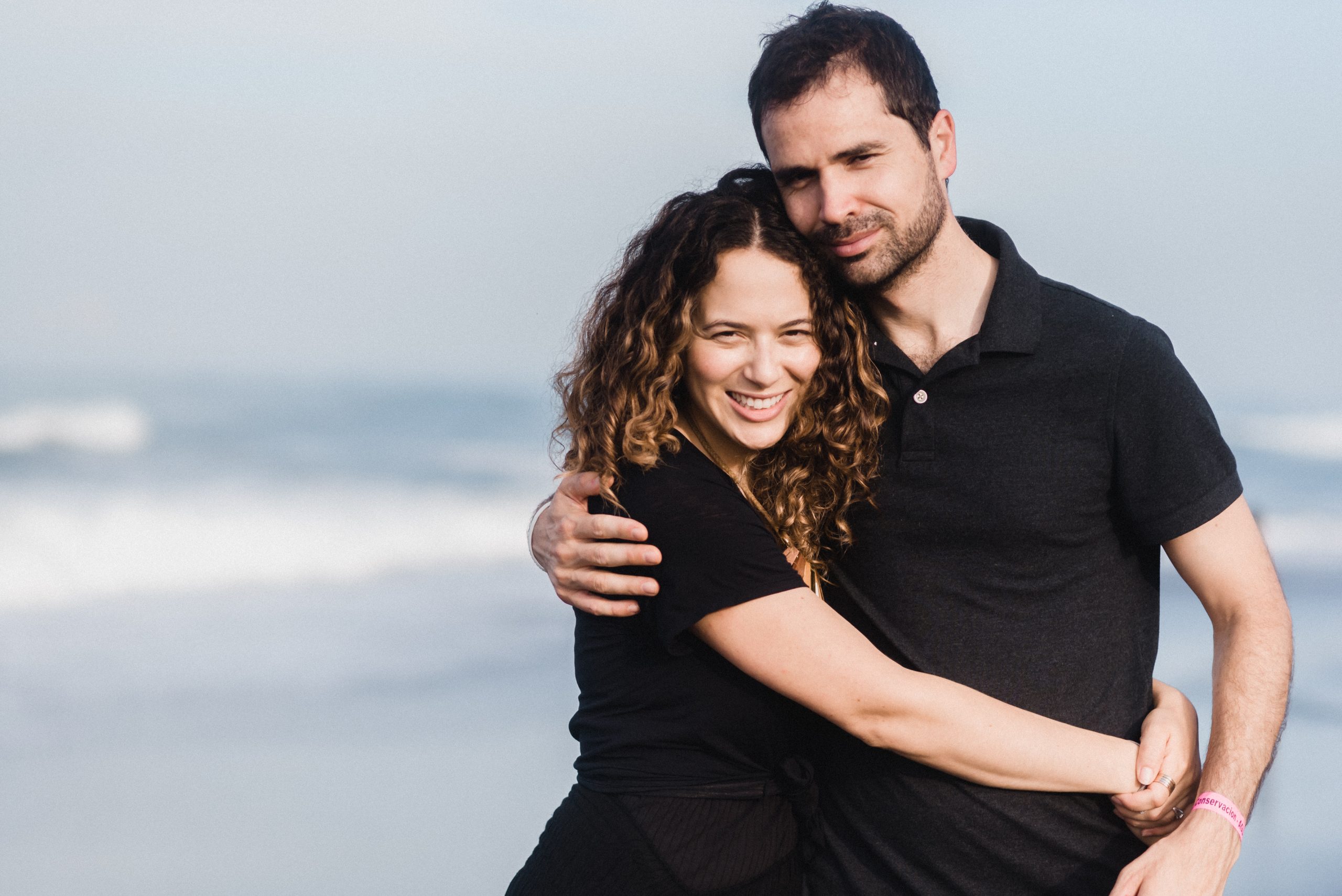
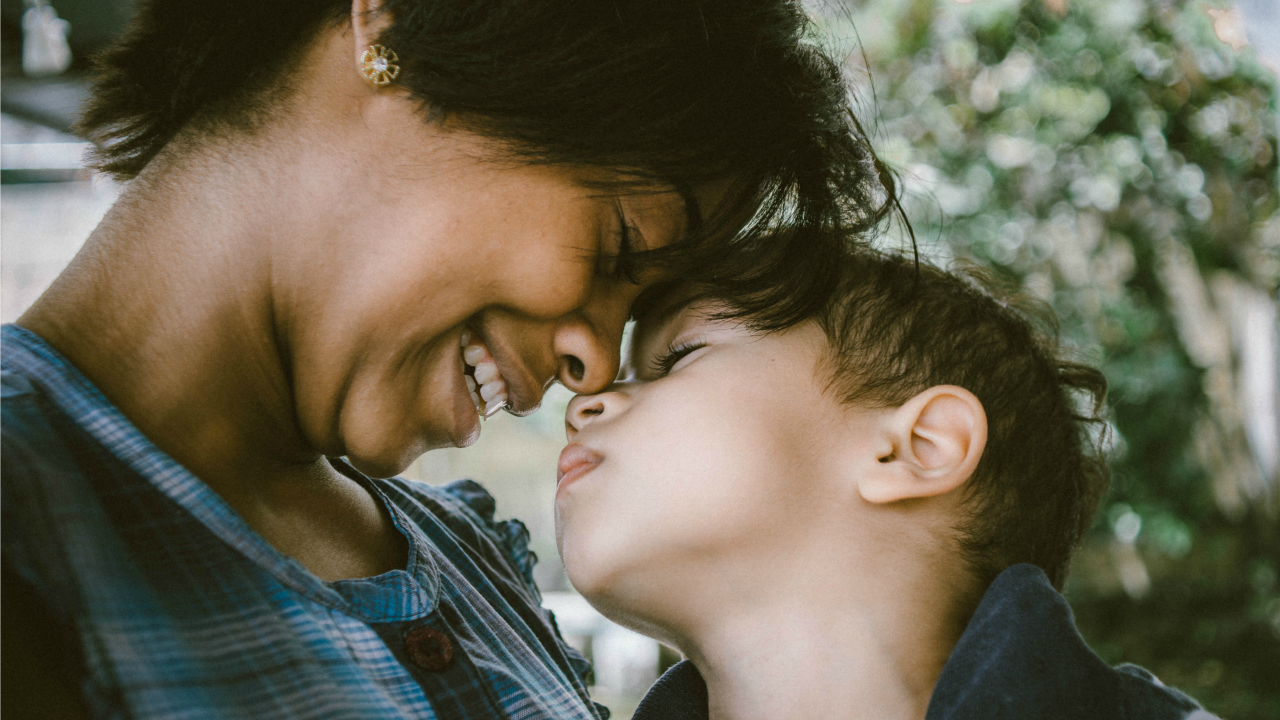

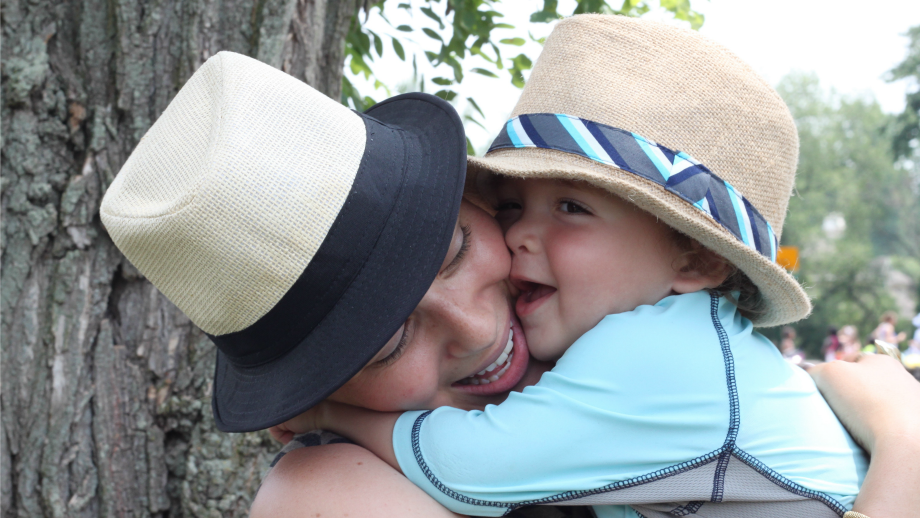

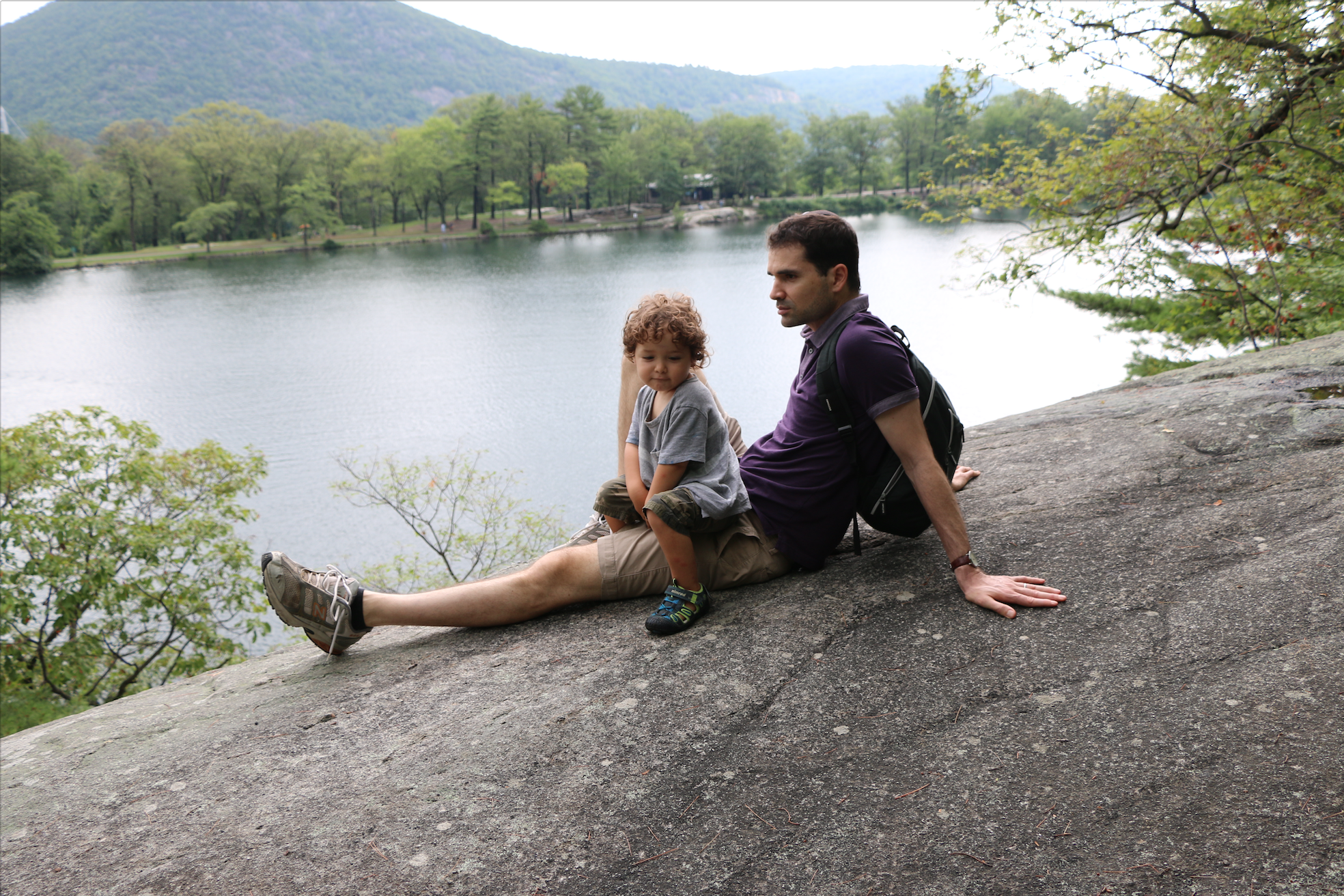
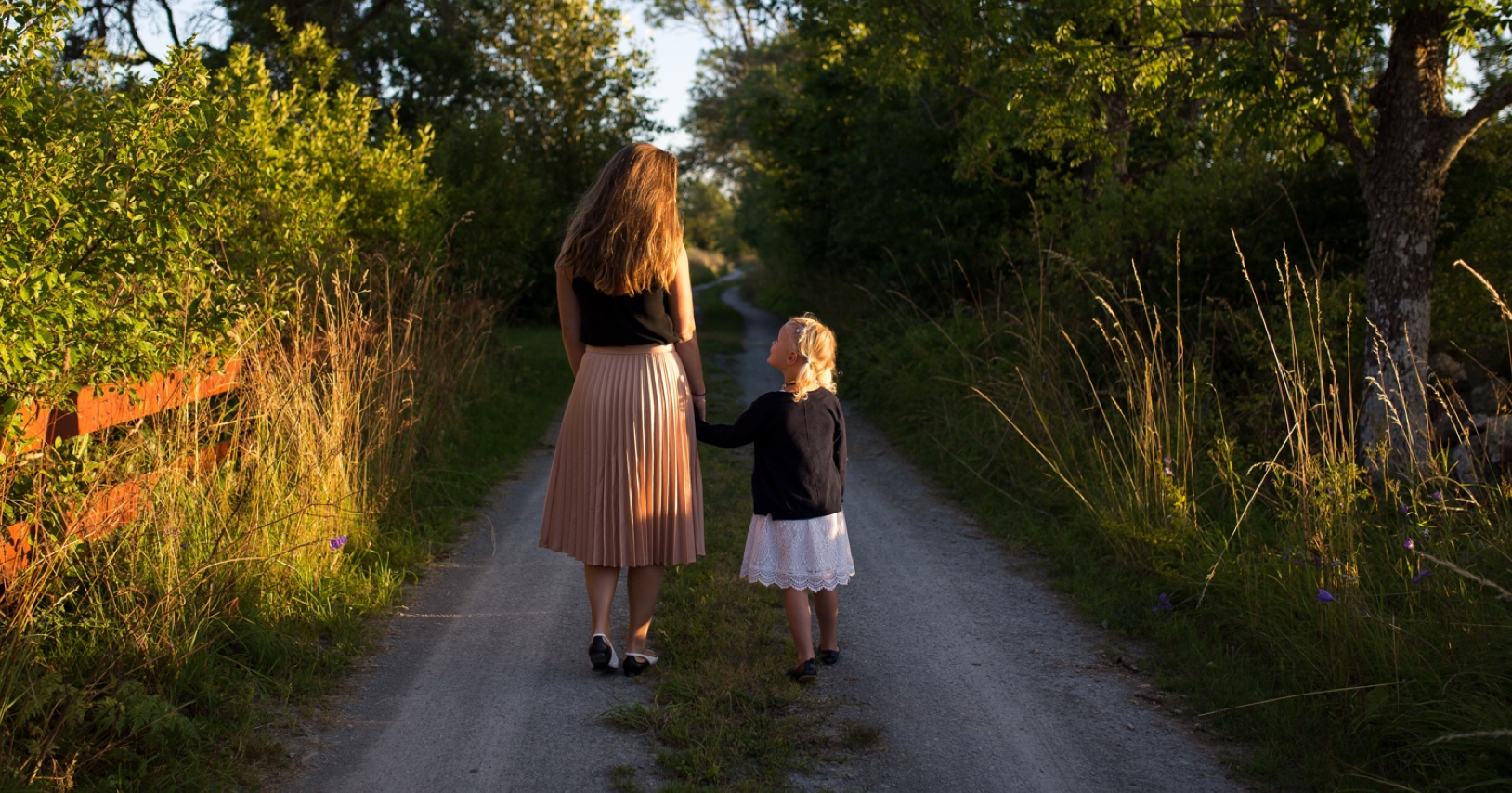

I really appreciate this post. It’s so easy to find information about WHY a secure attachment is so important, and how to build a secure attachment from birth, but the advice on how to repair, and even just upkeep, that relationship is also very necessary. I’ve found myself coming back to read this over and over, since my second child was born almost 10 months ago. This post, along with so many of your others, helps me feel secure and reassured that our *entire* family can, and will, make it through any and all of the rough patches we face, secure attachments intact.